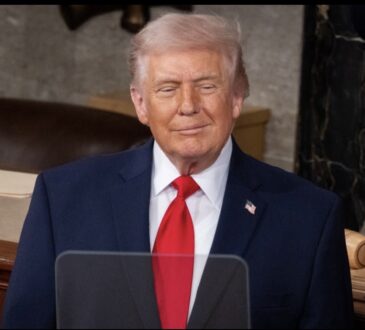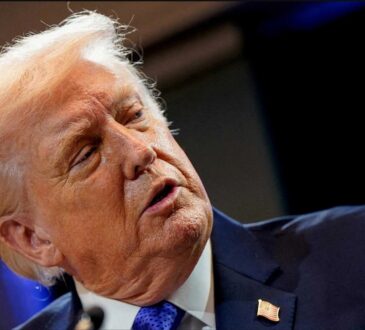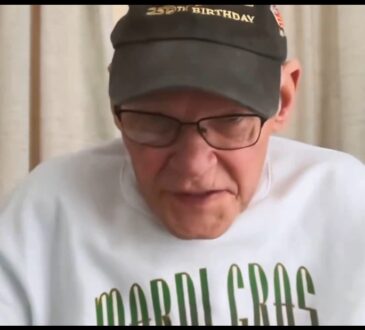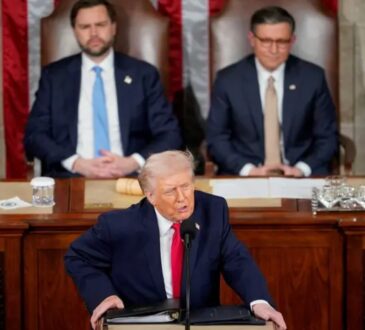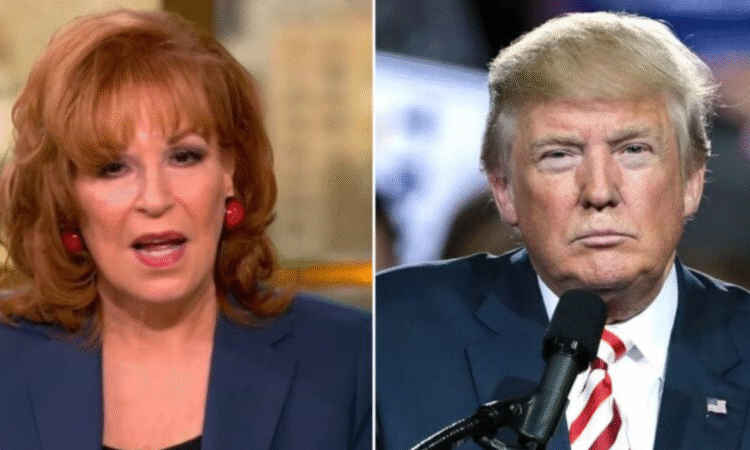
Joy Behar has raised eyebrows with a bold warning about Donald Trump’s latest decision to deploy the National Guard, suggesting it could be part of something much more serious than a simple crime-control effort. Speaking on Tuesday’s episode of The View, Behar said she fears Trump may be using the military to set the stage for blocking the next election.
“This is a pretext to stop the next election. That’s what I think it is,” Behar said during a fiery discussion with her co-hosts. Her comments came shortly after the Trump administration announced plans to send National Guard troops into several Democratic-led cities — including Washington, D.C., Memphis, and Chicago — under the banner of tackling rising crime.
The announcement immediately drew backlash from local leaders. Illinois Governor JB Pritzker accused Trump of “using troops as political props and pawns,” claiming that Illinois officials were not informed beforehand about the decision. Despite these objections, the administration went ahead with its plan. By early Wednesday morning, National Guard troops from Texas had reportedly arrived at an Army Reserve center just outside Chicago, even as lawsuits and political protests against the deployment intensified.
The exact purpose of the mission remains vague. While Trump officials insist the troops will “support local law enforcement,” many critics believe the move has more to do with optics and control than actual crime prevention. Tennessee’s Republican Governor Bill Lee defended the deployment, saying Guard members would be deputized by the U.S. Marshals Service to play a “critical support role,” though he did not explain what that role would involve.
On The View, co-host Alyssa Farah Griffin, who once worked in the Trump administration, agreed that crime is a real issue in some cities but criticized Trump’s heavy-handed approach. “It’s not the way to address the problem, even if it is as significant as it seems,” she said. “There is crime in American cities, but the solution is to fund the police properly, improve training, and work with local officials.”
Behar, however, wasn’t convinced and interrupted several times to argue that Trump’s real motive had little to do with safety. “And if they stop us from voting, that’s the one thing people have,” she said passionately, turning to co-host Whoopi Goldberg.
Goldberg responded calmly, reminding viewers that the right to vote is what defines American democracy. “It’s the one thing that makes us different from lots of other countries. Our votes do count. I do know that they count,” she said.
Behar quickly interjected again, saying, “If we’re allowed to vote.”
Goldberg replied, “I think people will figure out how to vote. One thing I know about Americans is that they don’t like being told what to do. They don’t want a dictatorship.”
Co-host Sara Haines then offered a completely different angle. “I would say it might also be a distraction from the hearing that’s going on about the Epstein files,” she suggested, earning applause from the live studio audience.
Haines was referring to the ongoing investigation surrounding Jeffrey Epstein, the disgraced financier who died in prison in 2019. Earlier in September, more than 33,000 pages of Justice Department documents linked to Epstein were unsealed — including a missing minute from his prison cell’s surveillance footage. The House Oversight Committee is still examining the files, which continue to fuel speculation and public outrage.
Many Trump critics believe the military deployment could be a tactic to shift public attention away from the Epstein revelations. Frustration has also grown among Trump’s own supporters, who are still waiting for what they call “The Epstein List” — a rumored document naming prominent individuals allegedly connected to Epstein’s network.
Despite the uproar, Trump insists that his decision to send troops into major cities is purely about restoring law and order. He has repeatedly referred to Chicago as “a hell hole of crime,” even though recent police statistics show that homicides and several other violent crime categories have actually declined.
Still, the timing and the secrecy surrounding the deployments have led to mounting suspicions about Trump’s motives. Many fear this could be an early sign of authoritarian behavior — an attempt to intimidate voters or lay the groundwork for something much larger.
As Joy Behar warned on The View, the real question may not just be about soldiers on the streets, but about whether the American people will still be free to choose their leaders when the next election comes around. Only time will tell if her chilling prediction turns out to be right.

